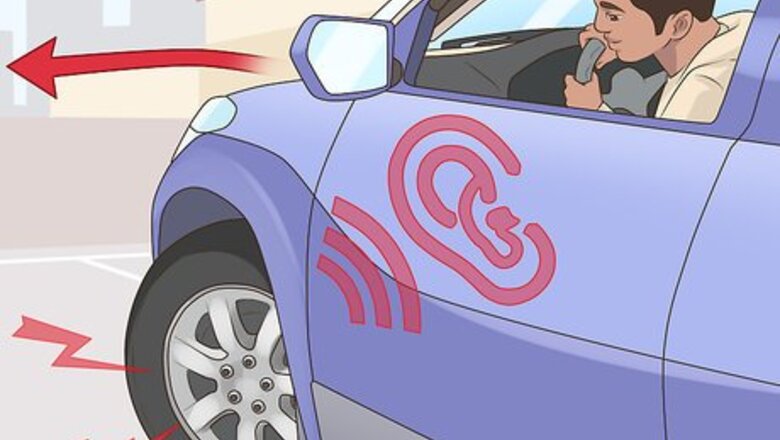
views
Listening to Your Wheels
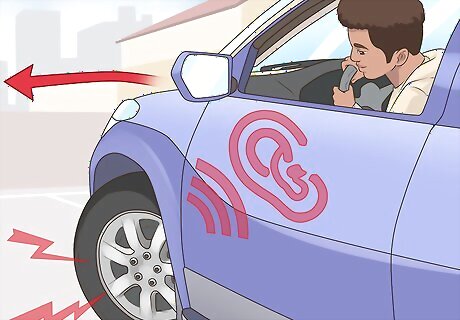
Listen for snapping or popping when you turn. Snapping, popping, and clicking are all signs that the outer CV joint, which is the joint that connects your wheel to the axle, is starting to wear out. Sometimes, more severe turns will create a louder snapping or popping noise. If you hear this while you're driving, there's a good chance you have a bad axle. Listen to what side the rattling is on, so you have an idea of which wheel bearing is going bad.
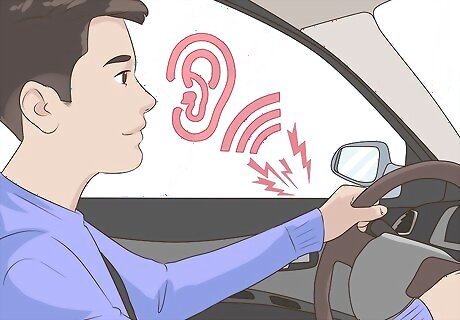
Listen for grinding, dragging, or roaring while you drive. When driving, worn out wheel bearings will sometimes sound like a break pad grinding or dragging. The longer you drive, the louder the grinding will sound. Drive down the road at 40 mph (17.8 mps) and listen for any grinding that you hear coming from your wheels.
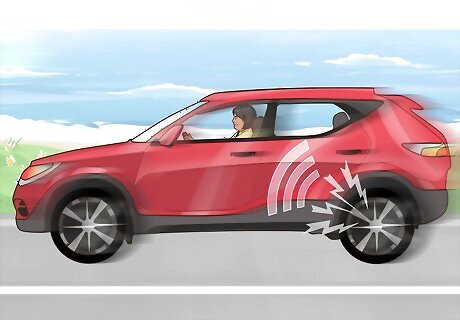
See if the buzzing sound changes as you change speeds. A common sign of a worn bearing is if the sound that's coming from your wheel changes as you accelerate or decelerate. If you already hear a buzzing or snapping sound, see if it gets more or less intense the faster you go. If the sound varies depending on how fast you're going, there's a good chance there's an issue with your wheel bearings.
Recognizing Other Symptoms
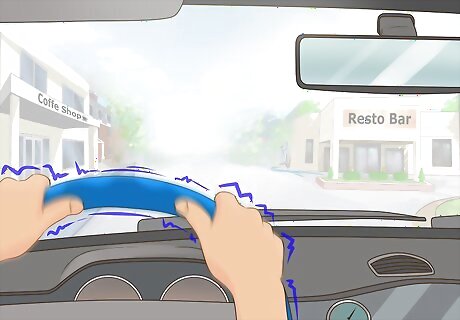
Feel your steering wheel to determine if it's vibrating. If you're driving and your steering wheel is wobbling or vibrating, it's a good sign you may need to replace your bearings. When bearings break down, it can make your car feel "loose," which results in poor handling and a vibrating or wobbling steering wheel.
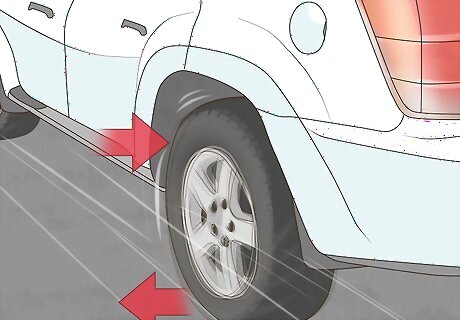
Pay attention to whether your wheels wobble. As you drive at higher speeds, your wheels may start to wobble from side to side. This is a sign that your bearings are going bad. Unfortunately, wobbling wheels are usually a sign of significant bearing damage, so you should stop driving and get them replaced immediately if this is the case.
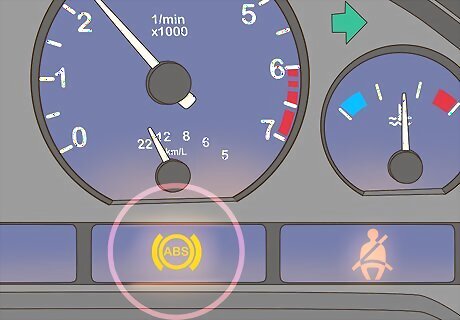
See if your ABS light comes on. Cars with an anti-lock brake system will often have an indicator light on their dashboard. If this light comes on, there's a possibility it could be because of bad bearings. See if there are any additional symptoms to determine if it's your wheel bearings or a different part of your brake and suspension system.
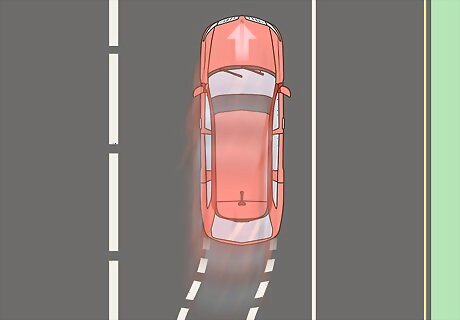
Determine if your car drifts to one side. If your vehicle has a tendency to drift to one side when you're driving, the bearings may be bad. Drive down a straight road at a moderate speed and feel if the wheel is automatically turning to one side without you controlling it. This symptom alone isn't a great indicator of bad wheel bearings because it can be caused by a multitude of other wheel alignment problems.
Evaluating Bearing Damage
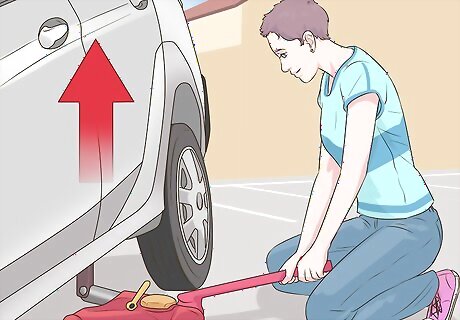
Lift your car using a jack. Read your owner's manual to learn where the jack points are on your car are. Position the jack near the wheel that you suspect has a bad bearing and jack up your car so that the wheel clears the road. Make sure that you take the proper precautions when using a jack so that your car doesn't accidentally fall and injure you.
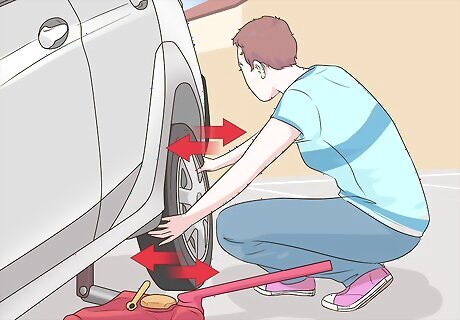
Wiggle the wheel back and forth to see if there is any movement. Push and pull on the wheel back and forth to feel if there's any give. If you can push the wheel back and forth, this is a sign of significant bearing damage. Get your bearings replaced immediately if your wheels wobble as you drive.
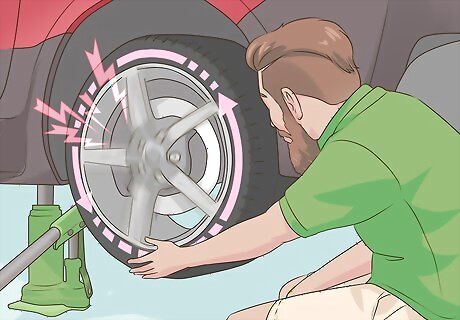
Spin the wheel and listen for a rattling sound. If you suspect a back wheel has a bad bearing, put your hand on the wheel and spin it as fast as you can. If the bearing is bad, it's likely it will make a rattling noise as you turn it. While it's not as severe as a wobbling wheel, rattling wheel bearings should be replaced as soon as possible. The longer that you drive on a damaged wheel bearing, the worse the damage will get over time.
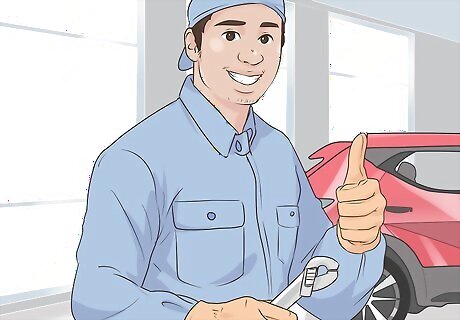
Take your car to a professional. If you're still unsure but suspect that there is something wrong with your wheel bearings, you should take it to a certified mechanic so that they can properly diagnose the problem.










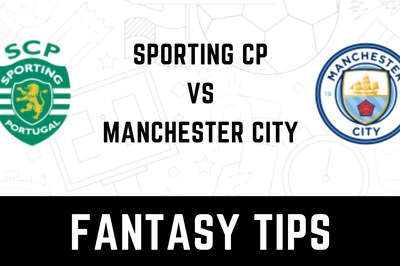
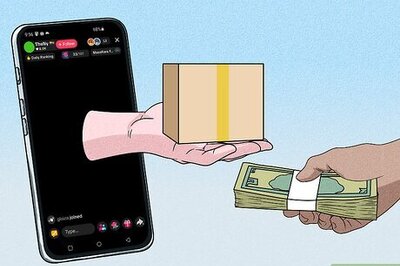
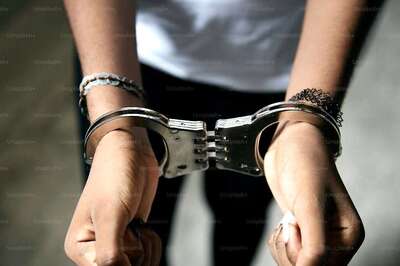





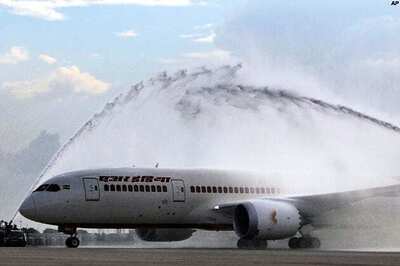
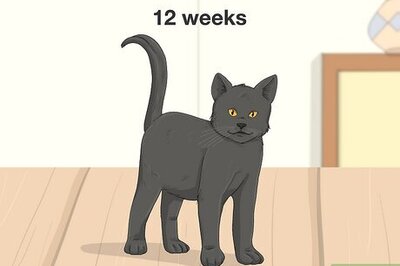
Comments
0 comment